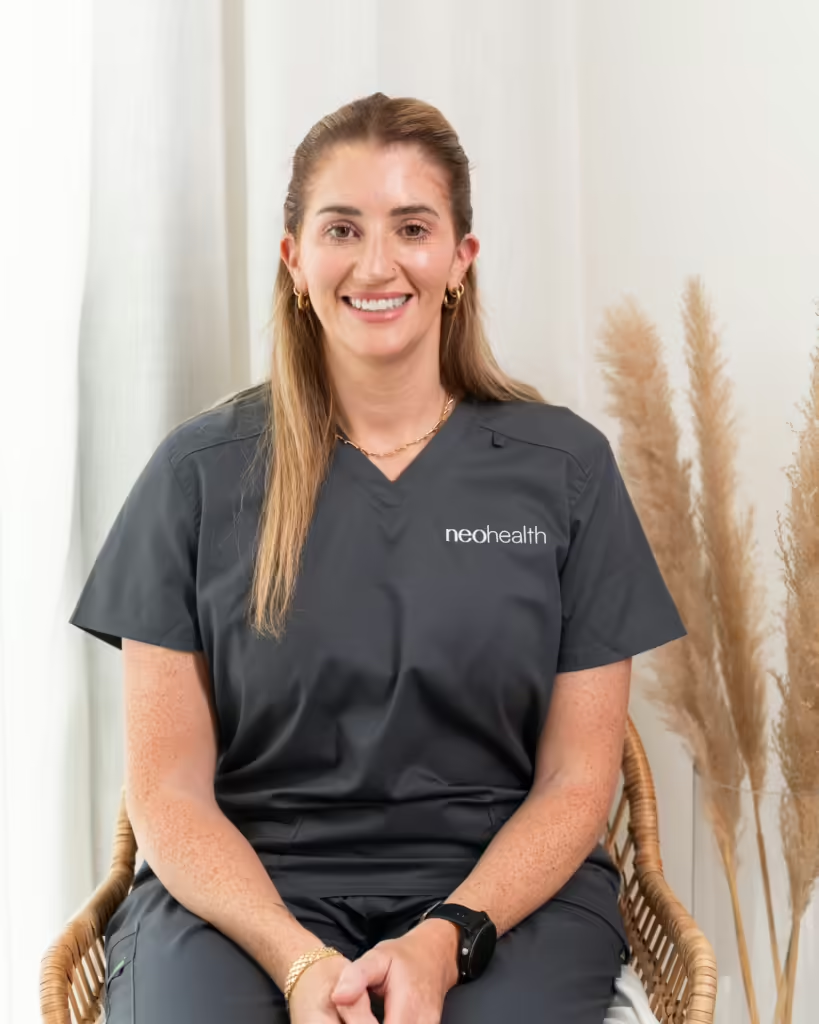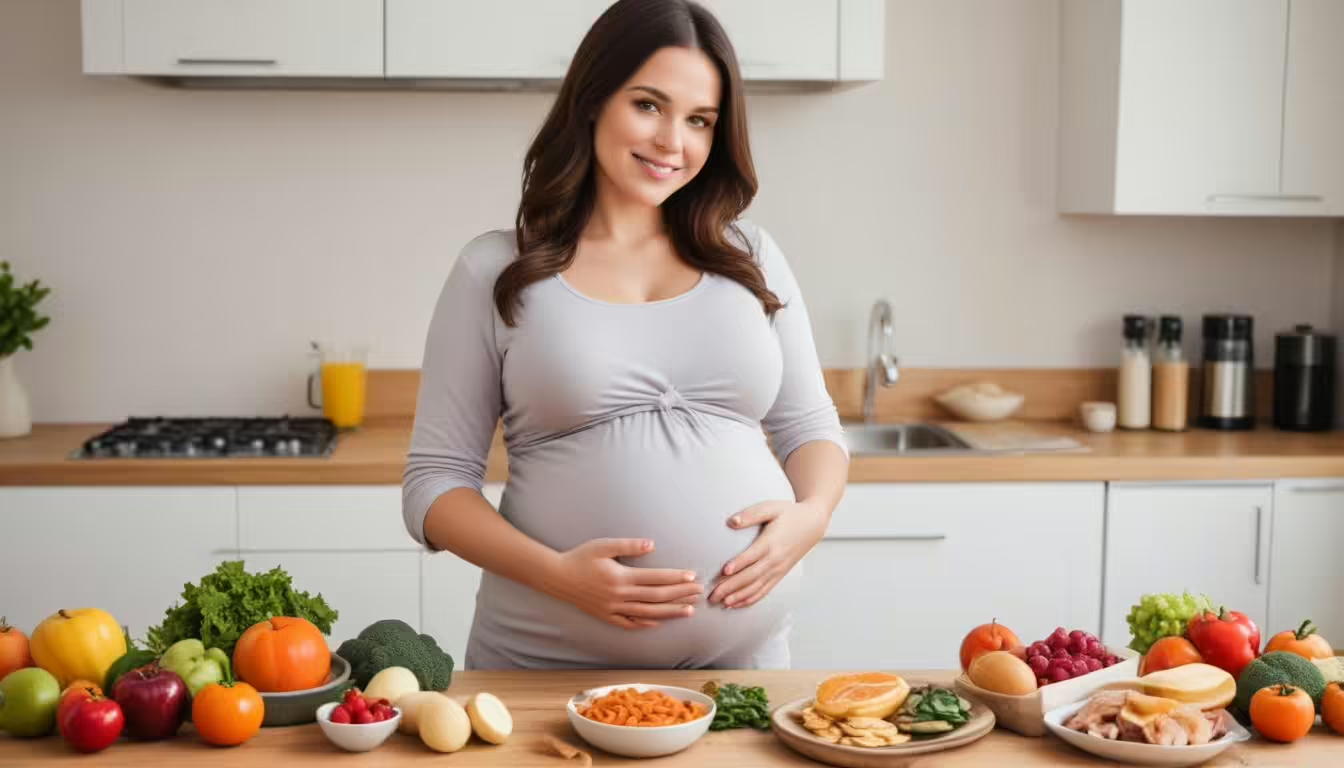Pregnancy is an intense period in a woman’s life, marked not only by the anticipation and excitement of welcoming a new baby but also by a heightened awareness of health and wellness. Expectant mothers often find themselves bombarded with advice on what to eat and what to avoid. While many foods are safe and beneficial during pregnancy, some should be approached with caution or avoided altogether due to potential risks to both the mother and the developing baby.
In this comprehensive guide, we’ll explore the foods that pregnant women should steer clear of and delve into the reasons behind these recommendations, backed by up-to-date evidence.
Raw or Undercooked Meat, Poultry, and Seafood:
Raw or undercooked meats, including beef, poultry, and seafood, pose a significant risk of foodborne illness due to bacteria such as Salmonella, E. coli, and Listeria monocytogenes. These pathogens can cause severe complications in pregnant women.
Deli Meats and Unpasteurized Dairy Products:
Deli meats, as well as unpasteurized dairy products, carry a risk of Listeria contamination. Listeriosis, caused by the Listeria bacterium, can lead to miscarriage, stillbirth, or severe illness in newborns. To reduce the risk, pregnant women should opt for pasteurised dairy products and thoroughly heated deli meats which are steaming hot before consumption.
Raw Eggs and Foods Containing Raw Eggs:
Raw or undercooked eggs and foods containing them, such as homemade mayonnaise, cookie dough, and certain salad dressings, may contain Salmonella bacteria. While cooking eggs thoroughly can kill these bacteria, consuming raw or undercooked eggs during pregnancy increases the risk of Salmonella infection, which can lead to serious complications.
Certain Types of Fish High in Mercury:
While fish is an excellent source of protein and omega-3 fatty acids beneficial for fetal development, certain types contain high levels of mercury, which can harm the developing nervous system of the fetus. Pregnant women should avoid shark, swordfish, king mackerel, and tilefish and limit consumption of high-mercury fish such as tuna.
Raw Shellfish:
Raw shellfish, including oysters, clams, and mussels, can harbor harmful bacteria and viruses that may cause foodborne illnesses. Cooking shellfish thoroughly is essential to reduce the risk of infection, as raw consumption can lead to gastrointestinal issues and pose a threat to the health of both the mother and the baby.
Unwashed Fruits and Vegetables:
Consuming unwashed fruits and vegetables may expose pregnant women to harmful bacteria, parasites, and pesticides. Thoroughly washing produce under running water and scrubbing with a brush when possible, can help eliminate contaminants and reduce the risk of foodborne illness.
Also Read: Surviving Summer: Tips for Moms-to-Be
Excessive Caffeine:
While moderate caffeine consumption is generally considered safe during pregnancy, excessive intake has been associated with an increased risk of miscarriage and low birth weight. Pregnant women are advised to limit caffeine intake to 200 milligrams per day, equivalent to about one 12-ounce cup of coffee.
Alcohol:
Alcohol consumption during pregnancy is strongly discouraged, as it can cause a range of birth defects and developmental disabilities known as fetal alcohol spectrum disorders (FASDs). There is no known safe level of alcohol consumption during pregnancy, so it’s best for expectant mothers to abstain entirely for the duration of their pregnancy.
Unwashed Sprouts:
Raw sprouts, including alfalfa, clover, and mung bean sprouts, may be contaminated with harmful bacteria such as Salmonella, E. coli, and Listeria. These bacteria can cause foodborne illnesses, posing a risk to both the mother and the developing baby. Pregnant women should opt for cooked sprouts or avoid them altogether to reduce the risk of infection.
Unpasteurised Juices and Cider:
Unpasteurised juices and cider have the potential to contain harmful bacteria such as E. coli, Salmonella, and Listeria, which can cause foodborne illness. Pasteurisation, a process that involves heating beverages to kill pathogens, is essential for ensuring the safety of these products, particularly during pregnancy.
High-Sodium and Processed Foods:
High-sodium and processed foods should be limited during pregnancy due to their association with adverse health outcomes, including high blood pressure and excessive weight gain. Instead, pregnant women are encouraged to focus on a balanced diet rich in fruits, vegetables, whole grains, and lean proteins to support optimal maternal and fetal health.
Certain Herbal Teas and Supplements:
While many herbal teas and supplements are considered safe for consumption during pregnancy, some may pose risks due to potential interactions with medications or adverse effects on pregnancy outcomes. Pregnant women should consult with their healthcare provider before using any herbal products or supplements to ensure their safety.
Navigating the dietary landscape during pregnancy can be challenging, but by avoiding certain foods and making informed choices, expectant mothers can help protect both their own health and the well-being of their developing babies. By prioritising food safety, opting for nutrient-rich choices, and consulting with healthcare providers when in doubt, pregnant women can set the stage for a healthy pregnancy and a positive outcome for themselves and their infants. Remember, when it comes to food during pregnancy, knowledge is power, and informed decisions can make all the difference.

Nicola Oliver,
Lead Midwife at NeoHealth




















